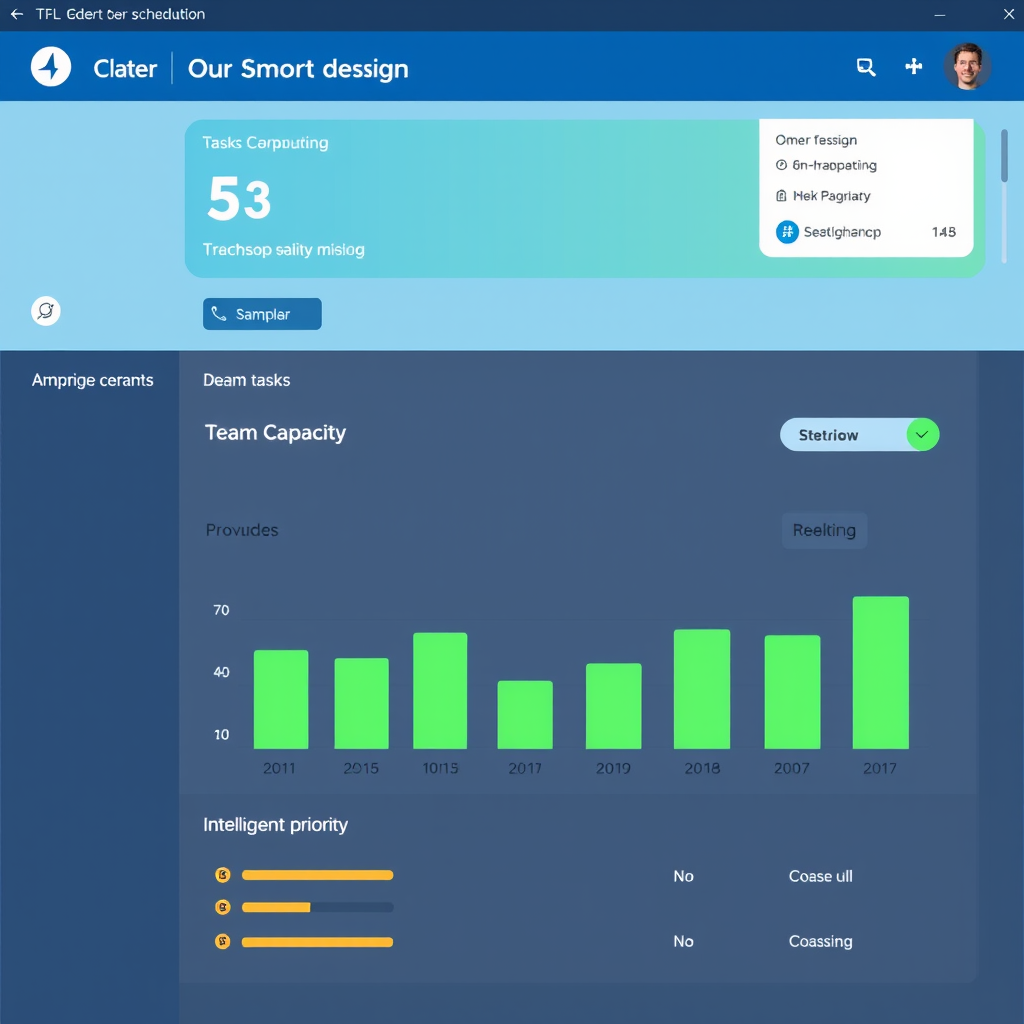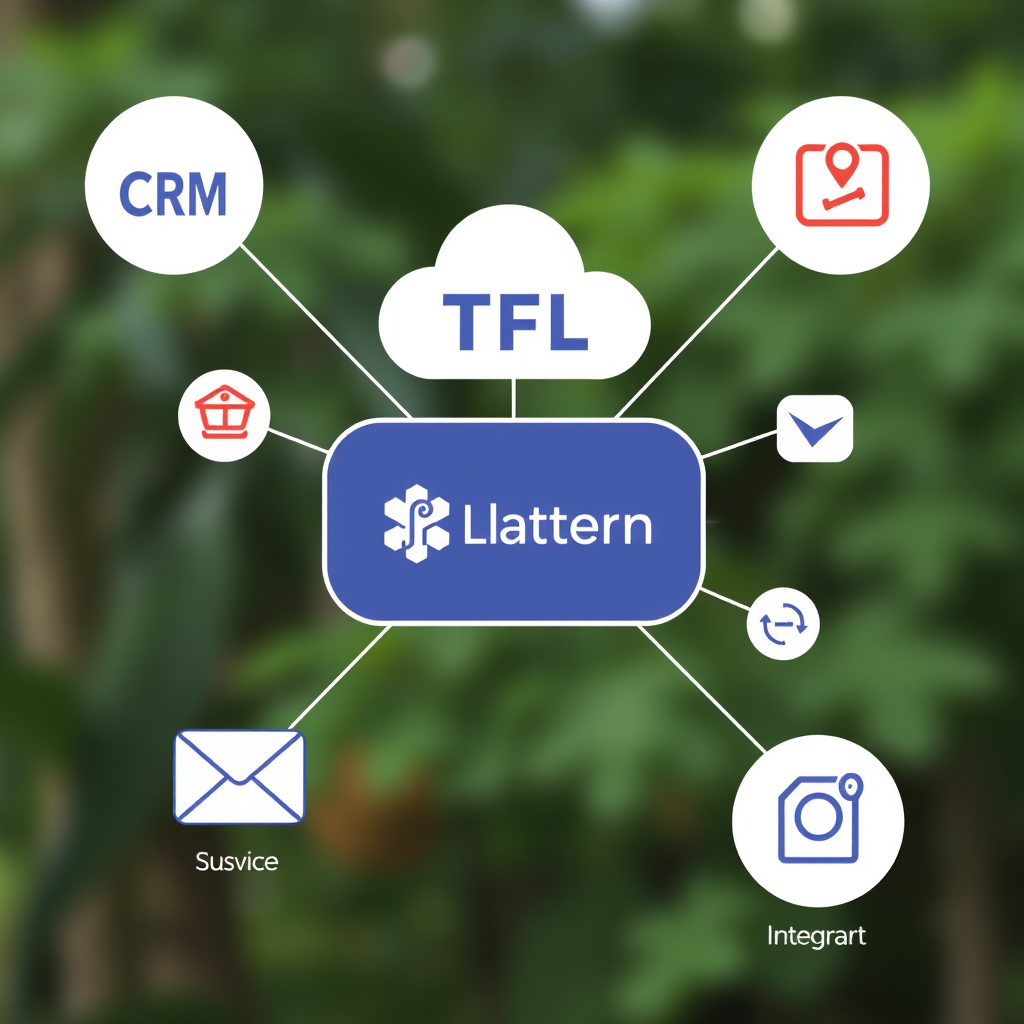In a groundbreaking announcement that promises to reshape the business automation landscape, TFL has unveiled its revolutionary artificial intelligence platform designed to streamline business processes and dramatically boost productivity by up to 300%.
The comprehensive suite represents a significant leap forward in workflow automation technology, combining cutting-edge artificial intelligence with intuitive user interfaces to deliver unprecedented efficiency gains for businesses of all sizes. This innovative platform addresses the growing demand for intelligent automation solutions that can adapt to complex business environments while maintaining simplicity for end users.
Smart Task Scheduling: The Future of Work Organization
At the heart of TFL's new platform lies an advanced smart task scheduling system that leverages machine learning algorithms to optimize workflow distribution. This intelligent system analyzes historical data, team capacity, and project priorities to automatically assign tasks at optimal times, ensuring maximum productivity while preventing team burnout.

The smart scheduling feature continuously learns from user behavior and project outcomes, becoming more accurate and efficient over time. Teams using the beta version have reported a 45% reduction in time spent on task management and a 60% improvement in project completion rates.
Predictive Analytics: Anticipating Business Needs
TFL's predictive analytics engine represents another cornerstone of the platform, offering businesses unprecedented insight into future trends and potential bottlenecks. By analyzing patterns in workflow data, resource utilization, and market conditions, the system can forecast operational needs weeks or even months in advance.
This predictive capability enables proactive decision-making, allowing businesses to allocate resources more effectively and avoid costly delays. Early adopters have reported significant improvements in resource planning accuracy and a substantial reduction in project overruns.
Key Benefits of TFL's Predictive Analytics:
- Real-time performance monitoring and trend analysis
- Automated risk assessment and mitigation recommendations
- Resource optimization based on predicted demand patterns
- Integration with existing business intelligence tools
- Customizable reporting and dashboard configurations
Seamless Integration Capabilities
Understanding that modern businesses rely on diverse software ecosystems, TFL has prioritized seamless integration capabilities throughout the platform. The suite connects effortlessly with popular productivity tools, customer relationship management systems, and enterprise resource planning solutions.

The platform's API-first architecture ensures that businesses can maintain their existing workflows while gradually incorporating TFL's automation capabilities. This approach minimizes disruption during implementation and allows for flexible customization based on specific business requirements.
Transforming Business Productivity
The impact of TFL's AI-powered workflow automation suite extends far beyond simple task management. By combining intelligent scheduling, predictive analytics, and seamless integration, the platform creates a comprehensive ecosystem that transforms how businesses operate and compete in today's fast-paced market.
Beta testing results have consistently shown productivity improvements of up to 300%, with some organizations experiencing even greater gains in specific operational areas. These improvements translate directly to enhanced competitiveness, reduced operational costs, and improved employee satisfaction through more meaningful work allocation.
Measurable Impact Across Industries:
Looking Ahead: The Future of Workflow Automation
TFL's launch of this revolutionary AI-powered workflow automation suite marks a significant milestone in the evolution of business process management. As artificial intelligence continues to advance, the platform is designed to evolve and incorporate new capabilities, ensuring that businesses remain at the forefront of operational efficiency.
The company has announced plans for continuous platform updates, with new features and enhancements scheduled for regular release cycles. This commitment to ongoing innovation ensures that TFL users will always have access to the latest automation technologies and methodologies.

As businesses worldwide continue to seek competitive advantages through technology adoption, TFL's comprehensive approach to workflow automation positions the platform as an essential tool for organizations committed to operational excellence and sustainable growth. The December 15, 2024 launch represents not just a product release, but a fundamental shift toward more intelligent, efficient, and productive business operations.
